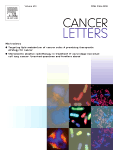 Two authors who had a paper retracted for fake peer review in 2015 have lost another for the same reason.
Two authors who had a paper retracted for fake peer review in 2015 have lost another for the same reason.
Elsevier recently retracted the second paper by the duo, a 2015 paper in a cancer journal, after finding evidence of fake peer review. The paper was submitted in October 2014 and accepted just a week before our piece on fake peer review appeared in Nature.
According to the notice, after investigating the paper, which appeared in Cancer Letters, the publisher concluded that it was accepted “based upon the positive advice of at least two faked reviewer reports.” The notice also explained that the identities of several authors “could not be confirmed.” Continue reading Fake peer review strikes again for pair of authors
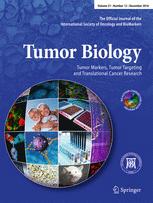 Springer is
Springer is 
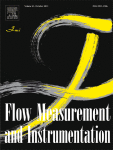 Yesterday we reported that
Yesterday we reported that 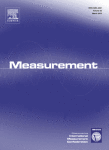 A computer scientist in Malaysia has lost two papers for faked peer reviews, and another for duplication. A fourth paper on which he is a co-author appears to have simply disappeared.
A computer scientist in Malaysia has lost two papers for faked peer reviews, and another for duplication. A fourth paper on which he is a co-author appears to have simply disappeared.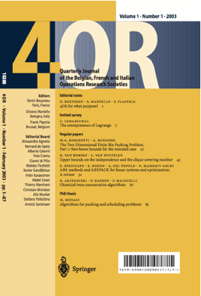 Recently, the editors of a journal about management science received a submission from a prominent Dutch economist. But something didn’t feel right about it.
Recently, the editors of a journal about management science received a submission from a prominent Dutch economist. But something didn’t feel right about it. Earlier this month, BioMed Central and Springer announced that they were
Earlier this month, BioMed Central and Springer announced that they were 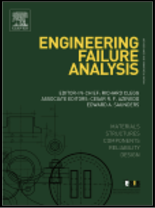
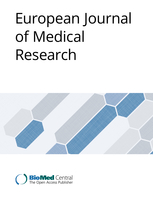
 In a massive cleanup, Springer and BioMed Central announced today they are retracting 58 papers for several reasons, including manipulation of the peer-review process and inappropriately allocating authorship.
In a massive cleanup, Springer and BioMed Central announced today they are retracting 58 papers for several reasons, including manipulation of the peer-review process and inappropriately allocating authorship.